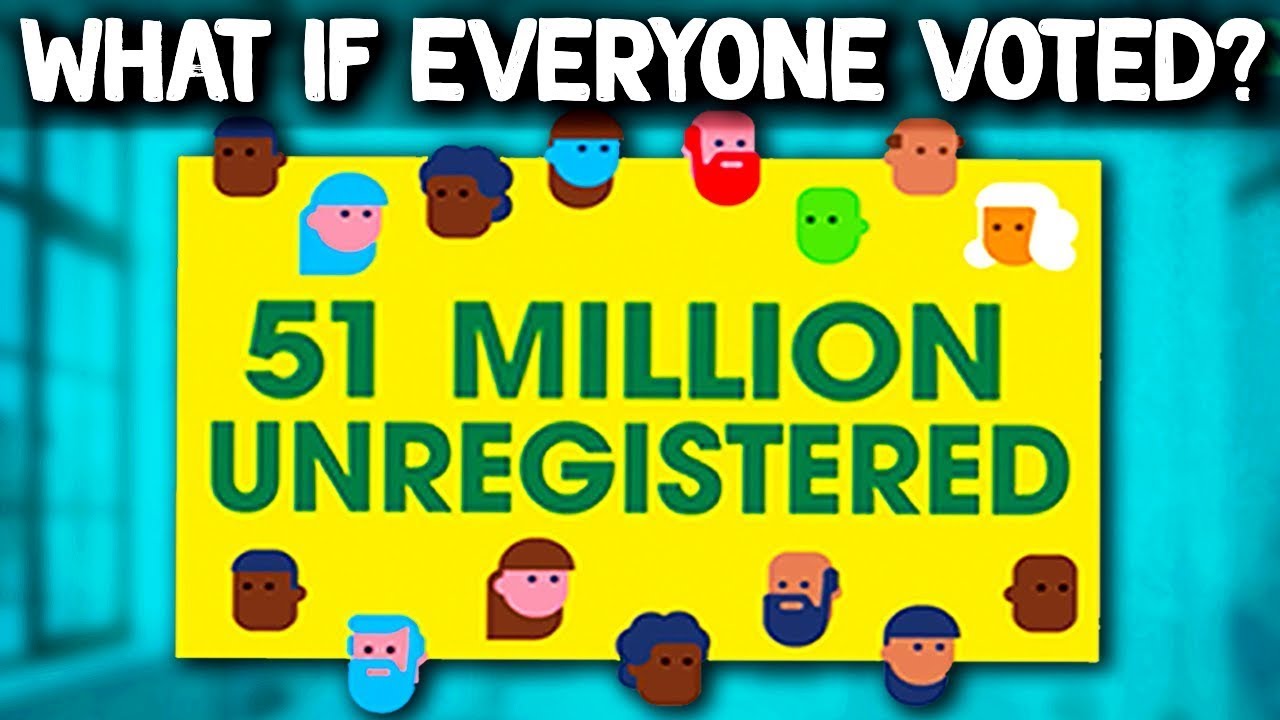He started from a ridiculous low point. Quickly peaked and over time its generally trended down from that peak. Disapproval numbers have an even clearer rise over the same time frame.
Its slight but its there. As it is in most metrics I’ve seen. Perhaps more importantly his approval numbers have never come close to his actual margin in the election. Which could very well indicate that a good portion of people who voted for him didn’t actually like him all that much at the time, or rapidly changed their minds about him. But approval numbers aren’t a poll per se and aren’t tied to elections. These things aren’t predictive, and we’re more than 2 years away from the actual campaign.
So the bigger thing is probably what these numbers don’t show. An increase or improvement for Trump. Which is key because:
Trump could perform exactly as well as he did in 2016. And he’d likely lose. (likely not definitely). Divorced from geography and realities of the Electoral College, Trump’s actual performance in the actual election looks like a loss. Pretty much any other election, any other year. And it would have been one. Any, even slight, change in the terms and that performance becomes a loss. A difference in where those votes come from. An opponent whose campaign doesn’t repeatedly fuck up. A more critical, less horse race news media. A slight uptick in voter turn out from the other side’s demographics.
When your margin of victory is a rounding error. A few hundred thousand votes. In a handful of tiny congressional districts. In just 3 states. Whole number drops in support mean you’ve entered losing territory. Even small drops. Larger shifts could very well make it impossible for him to get a second term. The way I see it Trump can’t simply maintain. To retain power he needs to increase his level of support. And we’re quite clearly no seeing that, if nothing else.
Now I’m not trying to make a prediction. I’m not saying he can’t or won’t win. What numbers there are to look at are too disconnected in both time and subject matter from anything solid like an election. Overall trends in them are slight, and vague. And a hell of a lot can change in two years.
But like I said there seems to be an overall assumption. In the news, among politicians, and just in the general discussion over Trump. That his support is larger, deeper, and broader than it really is. That it will be difficult to overcome. And not just on the subject of his eventual re-election. Its in the incredibly narrow focus on the handful of white working class voters that flipped red to give him the win. Even as his voters over all are wealthier, and less working class than both the general population and Clinton’s voters.
Frankly Trump is in a pretty precarious position over all. His peak performance is the wrong side of plurality. He doesn’t have the enthusiastic support of his own party. He doesn’t have broad support for his agenda, in government or among the population. His party has a different agenda from his administration. And their openly stated, calculated reason for supporting him is to get that agenda through not the Trump agenda. And he hasn’t been particularly good at doing that for them.
Hell there’s been rumors about a primary challenge against him since before he was sworn in. Including rumors about his own VP doing so.
